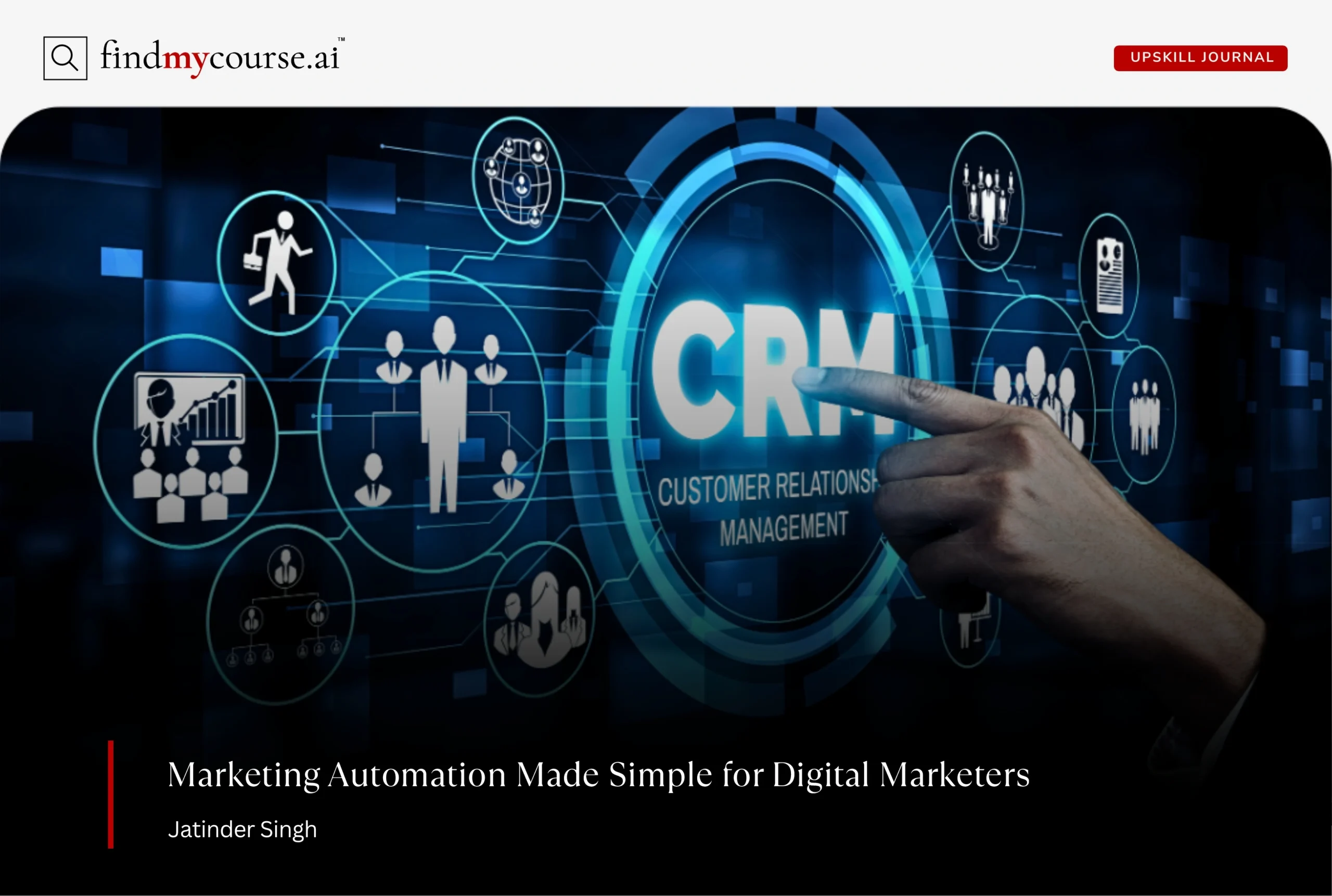Software engineering is one of the most in-demand, flexible, and well-paying careers in the modern workforce — and the best part? You don’t need a college degree to get started. Many successful software engineers are self-taught or learned through bootcamps, online courses, and hands-on practice. So, with the right tools, commitment, and mindset, you can break into this exciting field even without a computer science degree. If you’ve ever wondered whether becoming a Software Engineer without Degree is realistic, the answer is a resounding yes.
What Does a Software Engineer Do?
A software engineer designs, builds, tests, and maintains software systems that power everything from mobile apps to enterprise platforms. Their day-to-day work can include:
• Writing clean, efficient, and scalable code in various programming languages
• Debugging and resolving software issues to ensure smooth functionality
• Designing and developing APIs, databases, and system architecture
• Collaborating with cross-functional teams on apps, websites, or embedded systems
• Deploying and updating software to meet user needs and technical requirements
They apply programming knowledge, logical thinking, and creative problem-solving to build solutions that address real-world challenges. Software engineers work across industries like healthcare, finance, education, e-commerce, and gaming—contributing to tools and technologies that shape how we live and work.
Is It Possible Without a Degree?
Yes. 100%.Many companies no longer require a formal degree — especially if you can demonstrate your skills through real-world projects, a strong portfolio, and solid interview performance. Moreover, your proof lies in GitHub contributions, projects, coding challenges, open-source collaboration, and ability to communicate your process. This shift is why so many have successfully entered tech as a Software Engineer without Degree.
Let’s walk through how to become a self-taught software engineer in five key steps, drawing from edX’s proven path and practical strategies that align with what actually works in the industry.
Step 1: Learn Programming Fundamentals
Your first mission: learn how to code from the ground up. Understanding how software works at a basic level is your foundation.
Start with One or Two Programming Languages:
• Python – Beginner-friendly, with clean syntax. Widely used in web development, data science, automation, and AI.
• JavaScript – The backbone of web development. Essential for building dynamic front-end and full-stack applications.
• Java – A robust, object-oriented language used for Android apps, enterprise software, and game development.
Tip: Choose your first language based on your long-term career goal. If you’re aiming for web development, JavaScript is a great starting point. If you’re eyeing data science or automation, Python is ideal.
Recommended Resources:
If your goal is to be a Software Engineer without Degree, starting with accessible resources like these is essential.
Step 2: Master Data Structures & Algorithms
Once you’ve got basic coding down, it’s time to go deeper with how data is stored, accessed, and processed.
Why It Matters:
• Makes your code more efficient and scalable
• Critical for passing technical interviews
• Builds problem-solving and logical thinking skills
Key Concepts to Learn:
• Basic structures: Arrays, Linked Lists, Stacks, Queues
• Advanced structures: Trees, Graphs, Hash Tables
• Core algorithms: Sorting, Searching, Recursion
• Complexity analysis: Big O notation (time & space)
Practice Platforms:
Whether you’re earning a degree or becoming a Software Engineer without Degree, mastering these fundamentals is non-negotiable
Step 3: Build a Portfolio on GitHub
Your projects are proof of your skills. Therefore, a polished GitHub profile can open doors that a résumé can’t.
How to Start:
• Build personal projects (e.g., a weather app, to-do list, portfolio website)
• Clone and rebuild popular apps to understand architecture
• Contribute to open-source projects and explore collaboration
What to Include in Each Project:
• Clean, modular, and well-documented code
• A detailed README.md explaining the project
• Organized repo structure with clear commit history
Bonus Tips:
• Join hackathons or online coding competitions
• Collaborate on group projects to build team skills
• Add screenshots, demos, or videos to your README
Step 4: Prepare for the Coding Interview
You’ve got the skills — now it’s time to prove them in interviews.
Topics to Practice:
• Whiteboard-style coding problems
• System design fundamentals (especially for backend roles)
• Language-specific questions (e.g., JavaScript closures, Python list comprehensions)
• Behavioral and scenario-based questions
How to Practice:
- LeetCode
- InterviewBit
- Exercism.io
- Peer mock interviews (join dev communities on Discord or LinkedIn)
Tip: Practice explaining your thought process out loud. That’s just as important as solving the problem itself. Whether you’re a CS graduate or a Software Engineer without Degree, clear communication makes all the difference.
Step 5: Keep Learning & Growing
Software engineering is a lifelong learning journey. So, staying current keeps you relevant and opens new opportunities.
Ways to Keep Leveling Up:
• Take specialized courses (e.g., cloud computing, DevOps, security, or AI)
• Earn certifications (e.g., AWS Certified Developer, Docker, Kubernetes)
• Build advanced apps (e.g., RESTful APIs, full-stack web platforms, mobile apps, AI models)
• Explore others’ codebases on GitHub to learn best practices
Optional Paths to Consider:
• Coding bootcamps (e.g., General Assembly, Springboard, or edX-powered bootcamps)
• Professional certificates (e.g., IBM Software Engineering specialization on Coursera)
Career Options for Software Engineer without Degree
Without a degree, you can still build a successful career in areas like:
• Front-end development – creating user interfaces with HTML, CSS, and JavaScript frameworks
• Back-end development – working with servers, databases, and APIs to power applications
• Full-stack development – handling both front-end and back-end tasks for complete solutions
• DevOps – managing infrastructure, deployment, and automation pipelines
• QA/Test automation – writing tests and ensuring software runs reliably
• Mobile app development – building iOS and Android apps using tools like React Native or Swift
• Freelancing or consulting – offering your skills to clients, startups, or contract gigs on your own terms
Many startups, digital agencies, and even major tech companies now prioritize hands-on skills, real projects, and problem-solving ability over traditional diplomas. Your portfolio is your resume.
Final Thoughts
Becoming a self-taught software engineer is absolutely possible — but it takes discipline, persistence, and a strong focus on real-world projects. The internet puts an entire toolbox at your fingertips: free tutorials, structured courses, vibrant open-source communities, coding challenge platforms, and forums where developers share knowledge daily. Whether you’re fresh out of high school or switching careers, choosing the path of a Software Engineer without Degree can be both rewarding and realistic.
Start today by:
• Picking your first programming language and learning its basics through hands-on practice
• Building and sharing your first GitHub project, even if it’s small — just start
• Solving one coding problem a day to sharpen your logic and confidence over time
You don’t need a degree. You need the grit to learn consistently, the drive to build meaningful projects, and the courage to put your skills out there and keep going.
Ready to Get Started?
Explore these curated learning paths:
Need help? Chat with our AI assistant for personalized suggestions.


